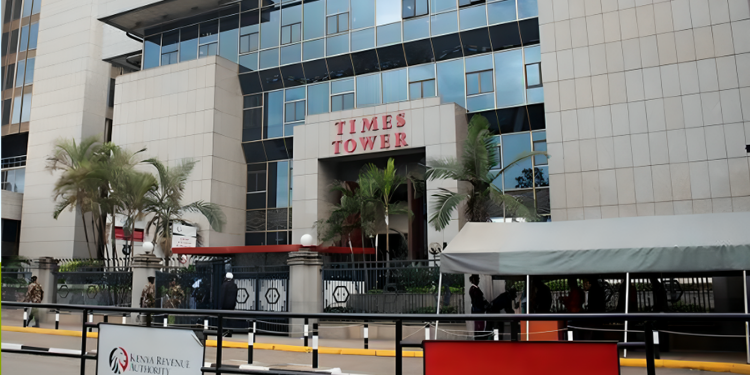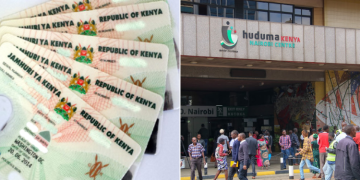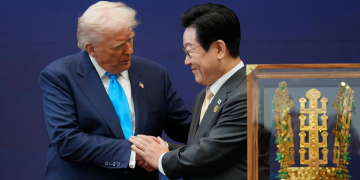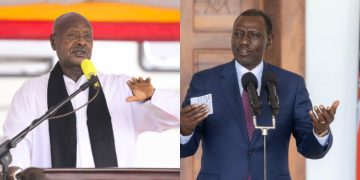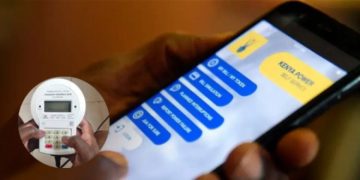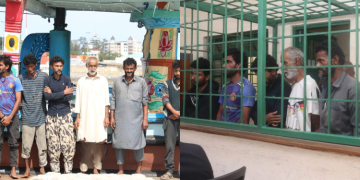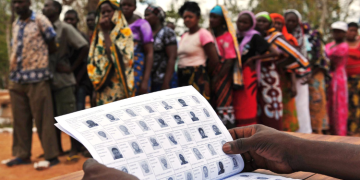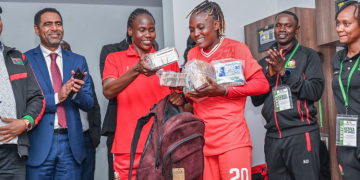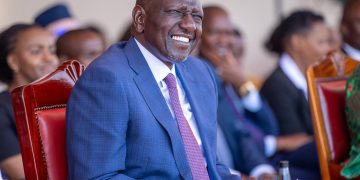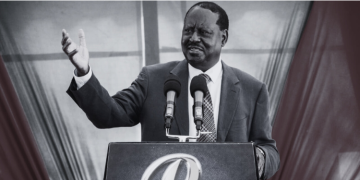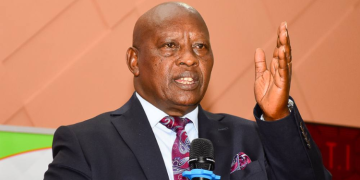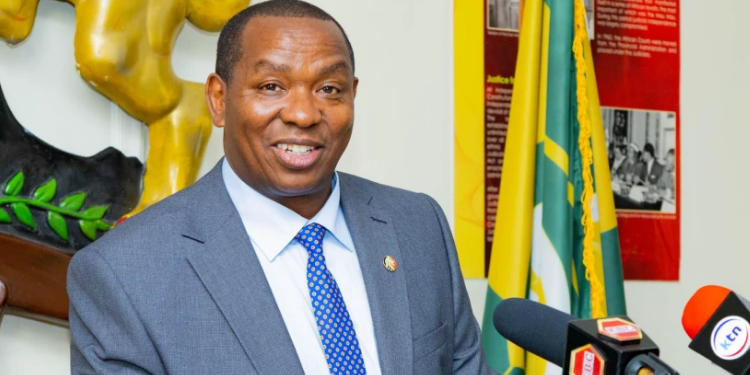Kenya Revenue Authority (KRA) Chairperson Ndiritu Muriithi has clarified how taxes are collected through mobile money transactions.
Speaking during an interview with NTV on July 29, 2025, Muriithi stated that the tax agency is not seeking access to Kenyans’ mobile money wallets or bank accounts. Instead, he explained that KRA is proposing a system where taxes—such as VAT—are automatically deducted at the point of transaction.
“Most payments people are making already have tax in them, like when you pay a restaurant bill that includes VAT. Why couldn’t that 16% come directly to KRA at the point you click ‘Pay’?” Muriithi posed.
KRA Explains How Tax Is Collected via Mobile Money Transactions
Additionally, Muriithi dismissed fears that KRA is pushing for intrusive access to private financial data through the mobile money wallet.
“We do not want access to your bank account, nor do we want access to your mobile wallet,” he added.
“It’s about accessing transactional data—not your entire mobile or bank account.”
Also Read: Blow to KRA as Court Quashes Mobile Equipment Identity Disclosure Order
Ndiritu Muriithi used the betting industry as an example where this system already works.
“Betting companies had all kinds of issues paying tax on winnings. Now, we deduct at source—before it leaves. It’s clean, it’s simple, and it works.”
According to Muriithi, the proposed reform would assist businesses by removing the burden of late filing and remittance.
“When the restaurant receives payment with VAT included, that VAT is a liability. They will have to account for it later, which adds cost. We are simply asking—why not automate this now, since technology allows it?” he said.
He acknowledged concerns around data privacy, but insisted the intent is compliance efficiency, not surveillance.
Also Read: KRA Breaks Down How Kenyans Paid Ksh2.5 Trillion in Taxes
Taxman Targets Mobile Money Transactions
In 2024, the taxman revealed that it is finalizing the seamless acquisition of third-party data from payment service providers, including those operating across borders.
The initiative aimed to enhance visibility into hard-to-tax sectors by leveraging transactional data.
The authority proposed to link its system to telecommunications companies as part of efforts to enhance tax compliance, enabling the taxman to track the 16 percent Value Added Tax (VAT) on sales and the 20 percent excise duty charged on transactions.
The authority has since mandated all registered taxpayers in the country to authenticate their phone numbers on the iTax system.
Follow our WhatsApp Channel and X Account for real-time news updates.
